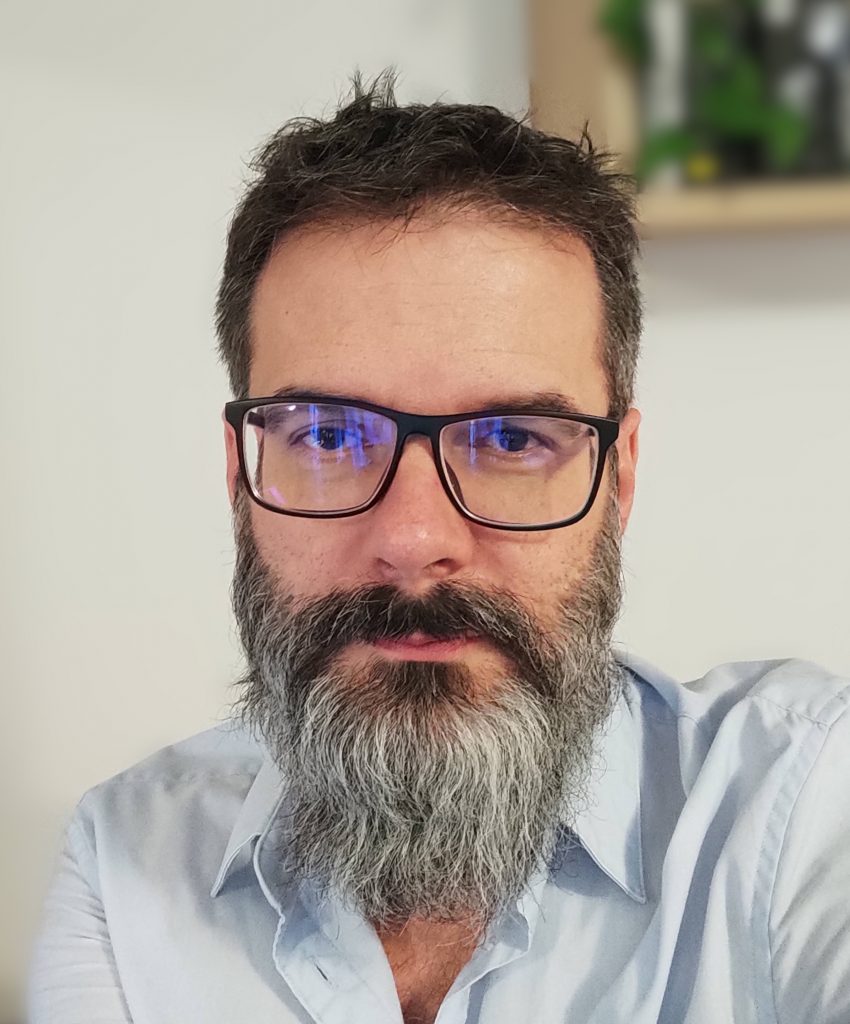
Ferenc Honbolygó – Research Leader
Cognitive psychologist, Senior Research Fellow at the Brain Imaging Centre of the Research Centre for Natural Sciences. He earned his PhD in 2010 from Eötvös Loránd University. His research focuses on how the human brain processes speech and music. In his studies, he uses event-related brain potentials and fMRI methods to investigate the functioning of the human brain. He has participated in several international and national research projects and has published over 40 scientific papers and numerous book chapters in Hungarian. In 2021, he was awarded the János Bolyai Research Scholarship from the Hungarian Academy of Sciences. In addition to his research, he teaches at the Faculty of Education and Psychology at Eötvös Loránd University.
MTMT link:
https://m2.mtmt.hu/gui2/?type=authors&mode=browse&sel=authors10013868
Csaba Kertész – Deputy Research Leader, Group Leader
Psychologist, he earned his PhD at the Faculty of Education and Psychology at Eötvös Loránd University (ELTE PPK), Assistant Professor at the Faculty of Education and Psychology at Eötvös Loránd University, and Instructor at the Liszt Ferenc Academy of Music. He has been actively involved in music since the age of seven. After completing the Academy of Music, he worked in elementary music education, and following his degree in psychology, he became involved in music therapy and music psychology research. In this project, he participates as a researcher and coordinator.
MTMT link:
https://m2.mtmt.hu/gui2/?type=authors&mode=browse&sel=authors10060483
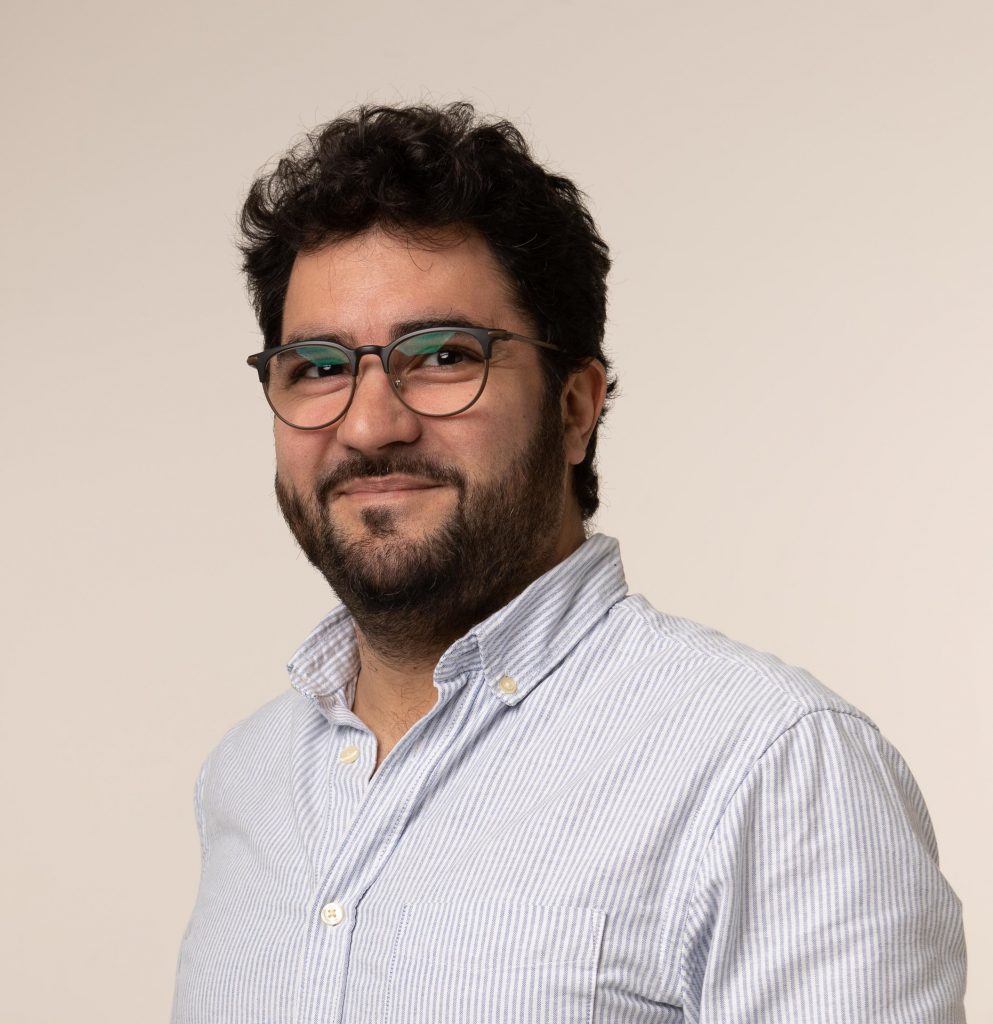
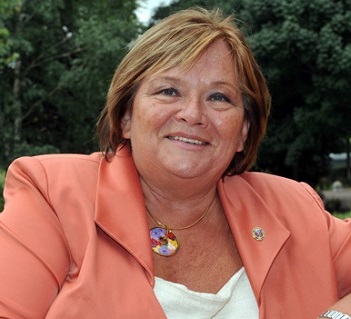
Valéria Csépe – Group Leader
She is the professional leader of the working group (WP3) responsible for developing and applying innovative music training programs in the project. The two programs are based on generic movement components: RitMoZ focuses on multimodality and complex movement, while KomTréN is rooted in folk dance and movement improvisation inspired by the traditions of dance houses. The target areas for developing the training programs designed for the intervention of reading difficulties include auditory perception and cross-modal integration.
MTMT link:
https://m2.mtmt.hu/gui2/?type=authors&mode=browse&sel=authors10000383
Sándor Imre Nagy
Research Fellow at the Brain Imaging Centre of the Research Centre for Natural Sciences. He joined the group in the fall of 2021. He holds a degree as a certified guitar teacher and has several years of experience teaching in music schools. He earned his PhD from the Doctoral School of Psychology at the University of Pécs and is a Assistant Lecturer at the Institute of Music at the Faculty of Arts of the University of Pécs, where he participates in the training of music education students, teaching subjects related to educational psychology and music psychology.
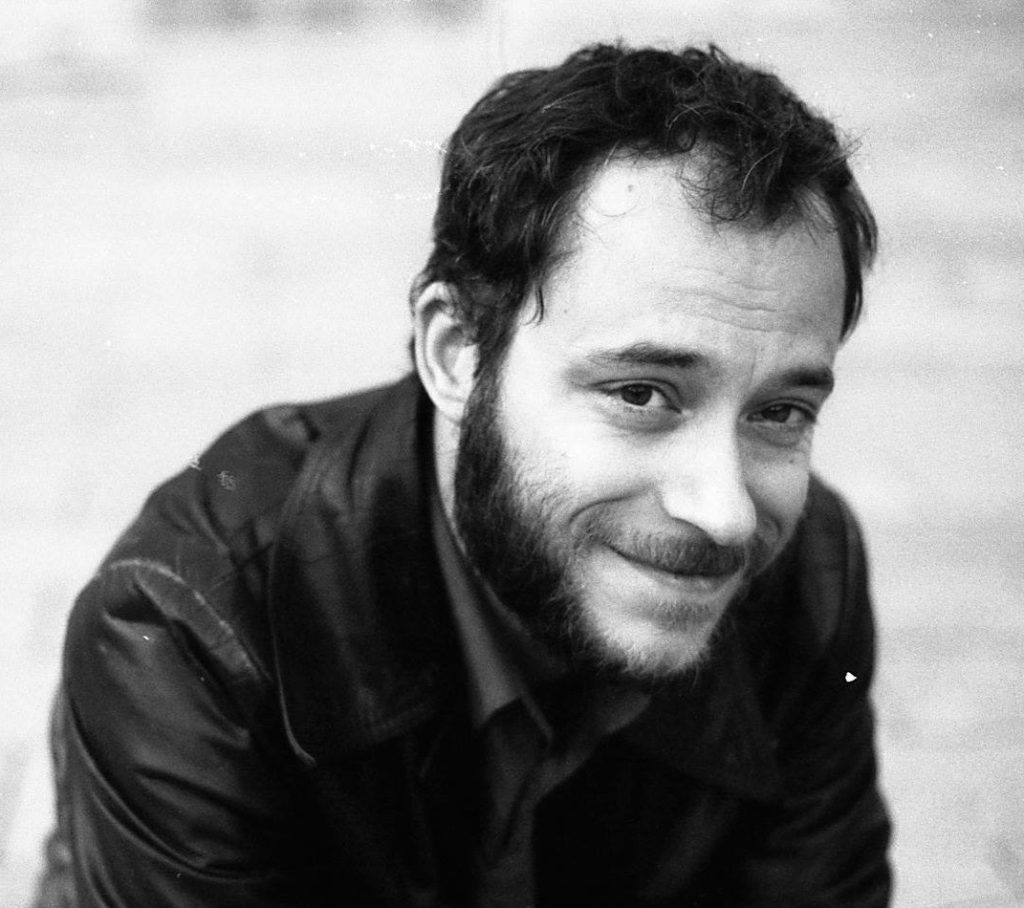
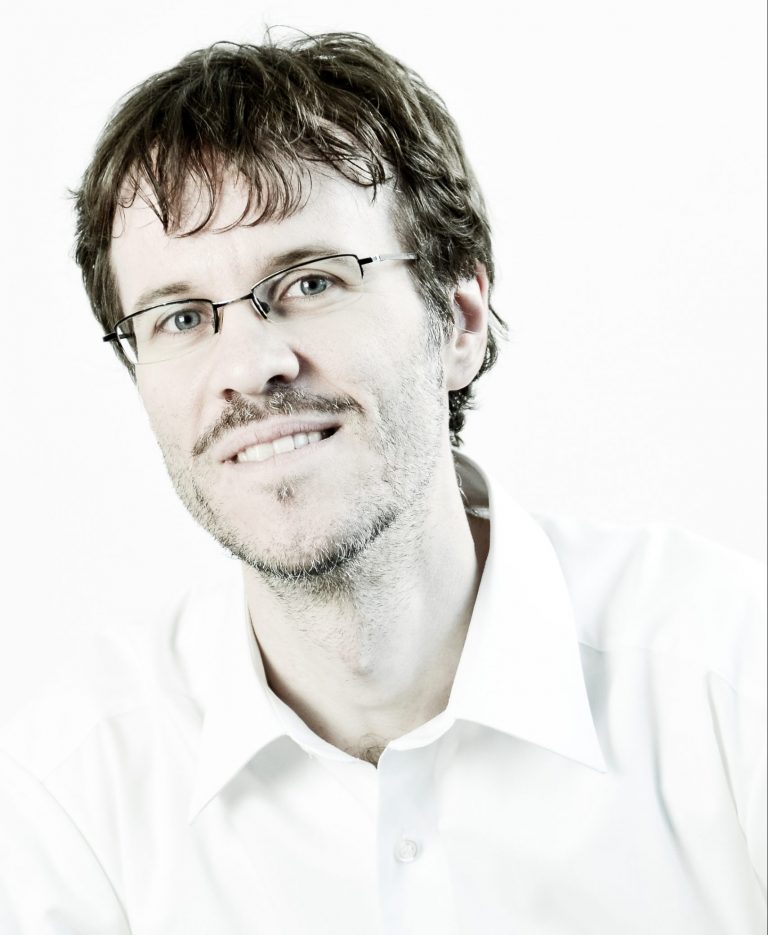
László Stachó
Musicologist, psychologist, and chamber musician (pianist), teaches and conducts research at the Department of Teacher Training and the Doctoral School of the Liszt Ferenc Academy of Music. He also teaches his own music attention training method, Practice Methodology, at prestigious masterclasses both in Hungary and abroad. His music psychology research focuses on the study of musical expressiveness, particularly the attention strategies that shape expressivity, as well as the developmental psychology of interpreting emotions expressed in musical performances. In the 2010s, he was a Visiting Fellow at the University of Cambridge twice. He is also responsible for the development of the Hungarian version of the Addenbrooke’s Cognitive Examination, a dementia differential diagnostic test widely used in clinical settings in Hungary since the mid-2000s (he led the research that created the Hungarian version). In the ÚTON project, he oversees the professional supervision of music training programs.
MTMT link:
https://m2.mtmt.hu/gui2/?type=authors&mode=browse&sel=authors10032135
Ildikó Sándor
Ethnographer. Head of the Folk Art Methodology Workshop at Hagyományok Háza and Associate Professor at the Hungarian University of Dance.
In the research project, her role involves the professional supervision of a series of sessions based on the dance house method.
She earned her degree in Hungarian Language and Literature – Ethnography from the Faculty of Arts at Eötvös Loránd University (ELTE) and participated in doctoral training in Hungarian and comparative folkloristics, as well as social anthropology. She became involved in the dance house movement as a university student, organizing dance houses and as a folk musician, leading the Kőketánc children’s dance house project since 1988. She contributed to the development of the UNESCO “best practices” proposal for the dance house method. She is a member of the Hungarian Academy of Sciences Dance Science Working Committee, serving as its secretary since January 2017. Her research areas include the phenomena of folklorism, particularly the dance house movement and pedagogical folklorism/ethnopedagogy, as well as folkloristic projects applied at the intersection of ethnography, education, and community culture. She is a full-time lecturer in folk dance at the Hungarian University of Dance, and a part-time lecturer at ELTE BGGYK (music therapy), ELTE TÓK (Child Culture MA program), and the Liszt Ferenc Academy of Music (folk music program).
MTMT link:
https://m2.mtmt.hu/gui2/?type=authors&mode=browse&sel=authors10060787
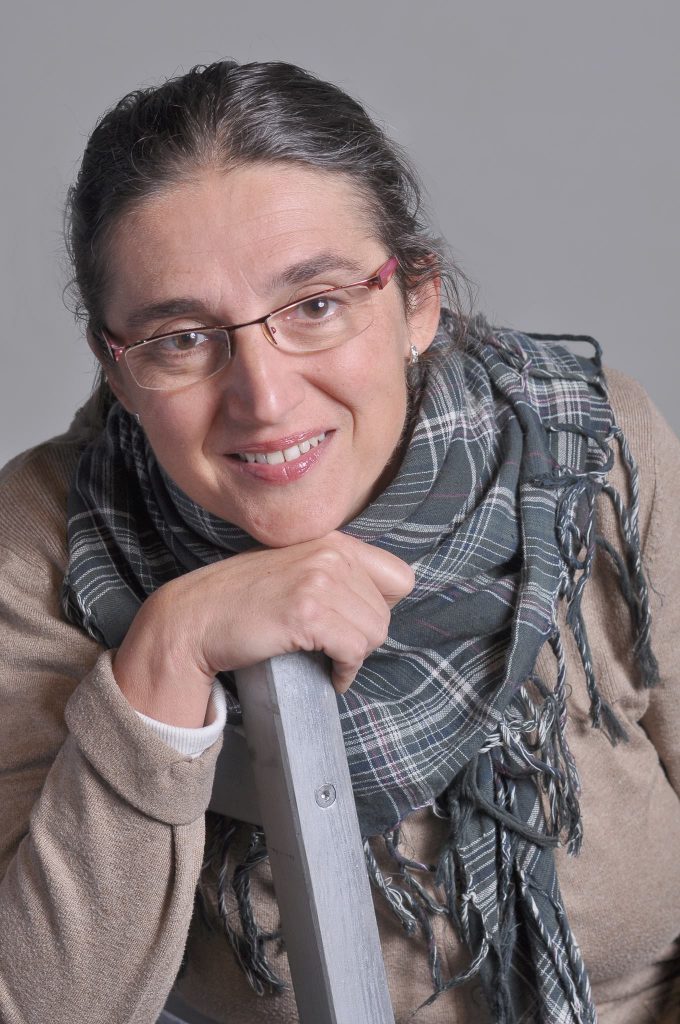
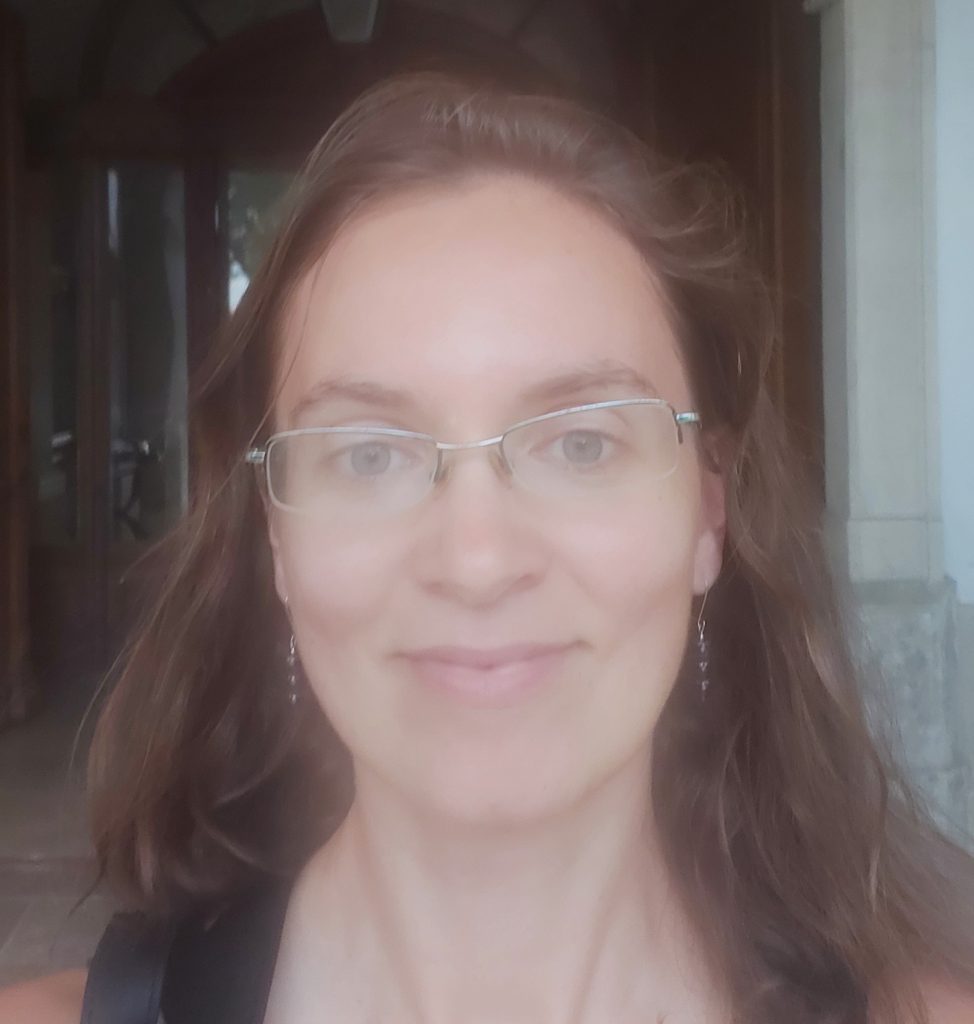
Laura Justin
Completed her studies in music education at the Liszt Ferenc Academy of Music. During her university years, she participated in the launch of the international music education digital platform, Kodály HUB, and attended several courses related to creative musical games (2018: Music Literacy, Music and Creative Play modules, taught by Mónika Benedek (EFOP courses); 2016: Creative Musical Games through English and Scottish Song, taught by Lucinda Geoghegan (Royal Conservatoire of Scotland) and Ewan Gibson (Royal Conservatoire The Hague); 2016: Creative Musical Games, taught by László Sáry and Bánk Sáry). She currently teaches music at the inclusive Kerék Primary School and Gymnasium in Óbuda. In the ÚTON research project, she is involved in rethinking existing musical games, inventing new ones, and conducting music training sessions.
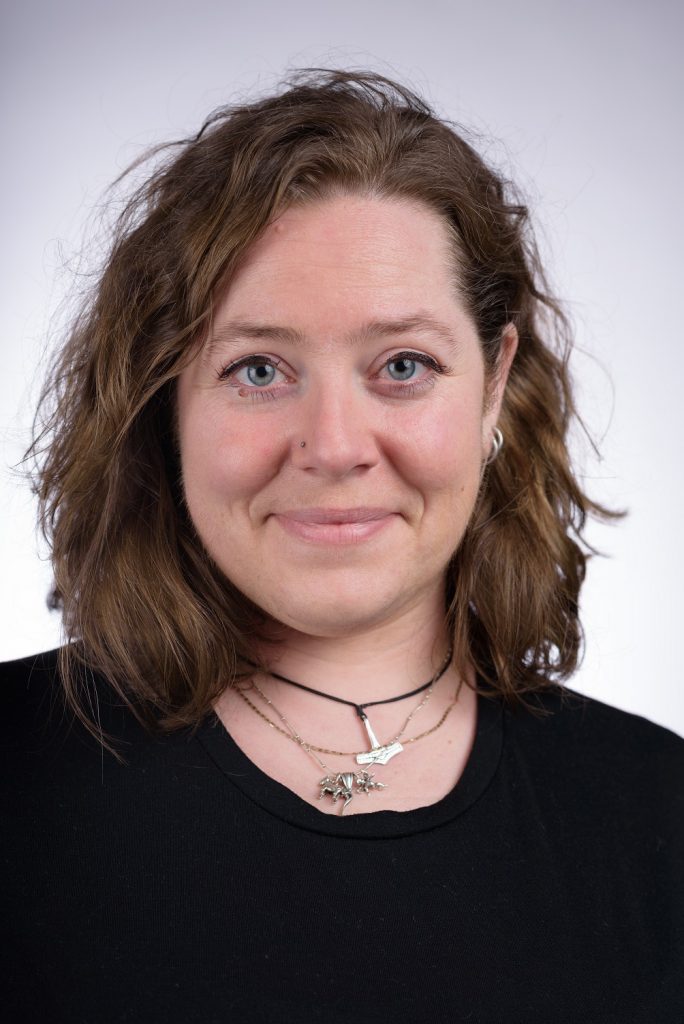
Réka Tóth
Completed her studies at the Teacher Training Institute of the Liszt Ferenc Academy of Music, where she earned her degree in music theory and solfège in 2007. Later that year, she moved to London, UK, where she taught solfège and piano and joined the BBC Symphony Chorus.
In 2014, she returned to Hungary, initially taking the position of orchestral assistant at the Hungarian State Opera Orchestra. In 2016, she became a member of the teaching staff at the Budapest British International School, where she taught music to upper-grade students for three years.
In 2019, she joined the Kodály Institute of the Liszt Ferenc Academy of Music, where she still works. She is responsible for organizing teacher training programs and is actively involved in promoting, editing, and developing the “Music Touches You” application and KodályHUB, an online knowledge center. Starting from the 2020-2021 academic year, she has been teaching solfège at the Ádám Jenő Music School in Ferencváros. In 2022, she participated as one of the leading teachers in the intensive music training of the RitMoZ project within the NEO-PRISM-C consortium.
From the 2022/23 academic year, she is a Master’s student in Music Education at the Institute of Art Mediation and Music at Eötvös Loránd University (ELTE BTK).
Vera Varga
Worked as a research assistant at the Brain Imaging Centre of the Research Centre for Natural Sciences, within the Neurocognitive Development Research Group. She is an Assistant Professor at the University of Pannonia, Veszprém. Her research area focuses on the study of the development of reading and its disorders (dyslexia) using cognitive psychology and cognitive neuroscience methods, the examination of reading processes in individuals with hearing impairments through behavioral tests and human electrophysiological measurements, as well as the investigation of sign language processing and language acquisition.
MTMT link:
https://m2.mtmt.hu/gui2/?type=authors&mode=browse&sel=authors10058070




